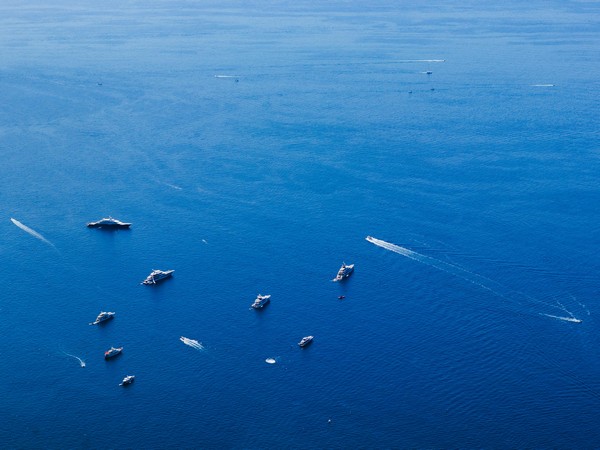Australia's Controversial Pacific Policing Pact Sparks Debate
Australian officials are hopeful about finalizing a regional policing pact during the Pacific Islands Forum Leaders Meeting to counter China's security presence. Critics argue it may infringe on regional autonomy and cater to U.S. interests. The agreement faces potential resistance from Pacific leaders aligned with China.

- Country:
- China
Australian officials are optimistic about finalizing an ambitious Pacific-wide policing pact during this week's Pacific Islands Forum Leaders Meeting, aiming to contain China's expanding security presence in the region, according to a report by the Global Times. The proposed agreement seeks to establish a regional policing body akin to EUROPOL and AMERIPOL, targeting cross-border crimes. A former COVID-19 quarantine centre near Brisbane airport is slated to become a regional training facility under the Australian Federal Police.
However, critics argue that the pact reveals Australia's underlying motive to interfere in the security decisions of regional countries, suggesting the agreement prioritizes U.S. strategic interests over the genuine needs of Australia or the Pacific Island Countries (PICs). Observers on Sunday noted that such an approach could undermine regional autonomy and cooperation, according to Zhang.
The Sydney Morning Herald reported that the policing initiative aims to create a Pacific organization to combat transnational criminal activities. Despite this, the initiative has faced criticism for potentially extending Australia's influence in regional security matters. Anonymous officials expressed confidence in receiving broad support, though they acknowledged possible resistance from Pacific leaders aligned with China.
According to an Australian report, the pact, if implemented, could grant Australia significant veto power over future security agreements between China and the PICs. Chen Hong, executive director at the Asia Pacific Studies Center of East China Normal University, told the Global Times that while Australia often criticizes external forces like China, it would likely welcome U.S. or allied involvement in the South Pacific.
Chen argued that the proposed policing pact breaches international relations principles and infringes on the sovereignty of PICs to choose their cooperation partners. He contrasted China's beneficial police cooperation with the Solomon Islands for local safety and economic development with Canberra's strategy, which Chen views as driven more by geopolitical competition than genuine regional cooperation.
(With inputs from agencies.)
ALSO READ
Paris 2024 Paralympics: A Celebration of Inclusion and Achievement
Aivi Luik's Doping Controversy and its Implications for the Paris Olympics
Amit Shah Cheers Indian Contingent for Paris Paralympics 2024
India's Aruna Tanwar Faces Tough Defeat at Paris Paralympics
India Faces Early Setbacks in Para-Badminton at Paris Olympics










